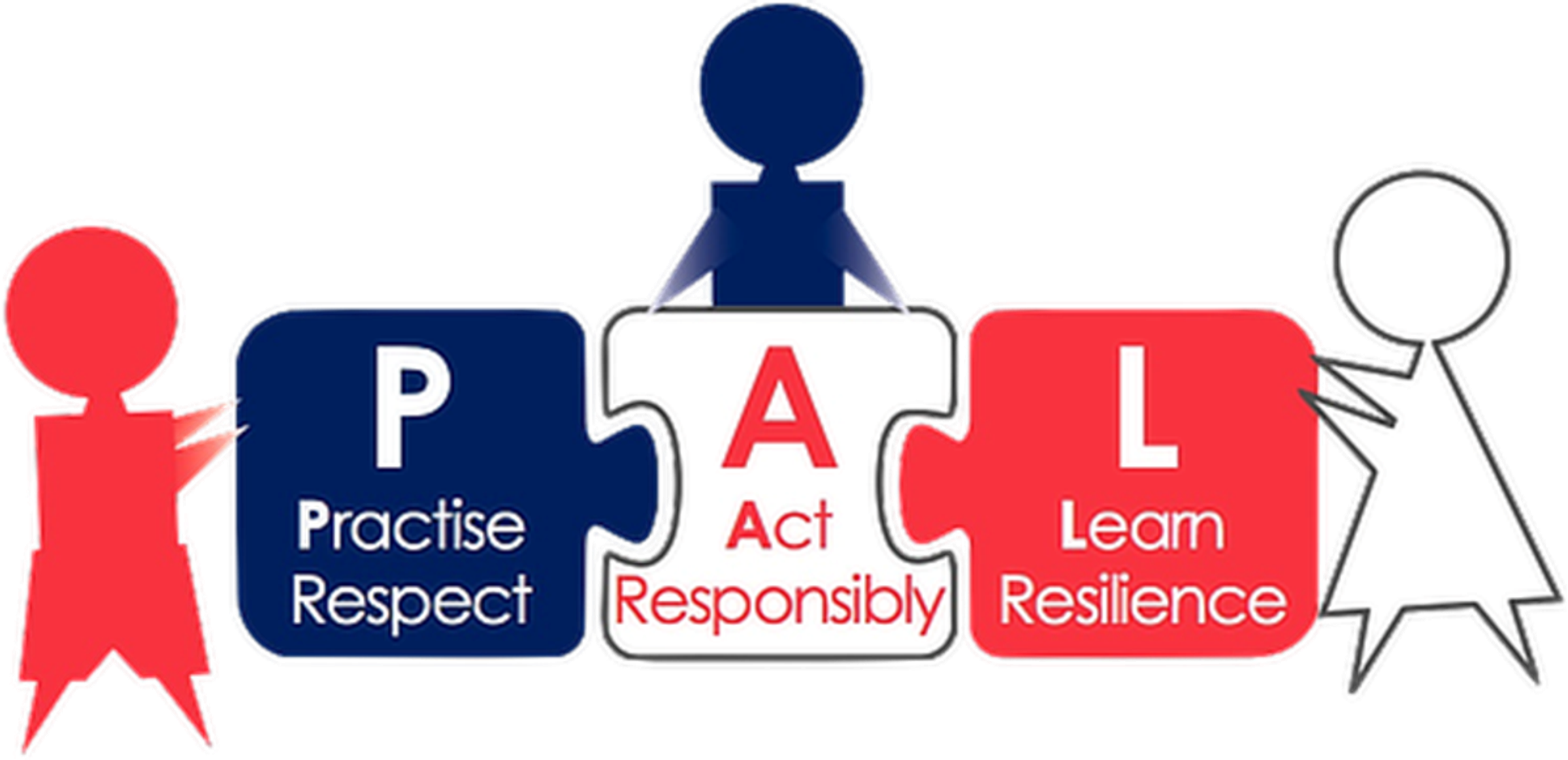WELLBEING

STRATEGIES TO INSTILL OUR
SCHOOL VALUES #2
RESPECT
Respect is a fundamental value that forms the bedrock of healthy relationships and thriving communities. As parents, you play a crucial role in teaching your children the importance of respect in their interactions with others. Here are ten effective strategies you can implement at home to nurture respect in your children:
- Model Respectful Behaviour: Children learn by example, so it's essential to model respectful behaviour in your interactions with others, including family members, friends, and strangers. Treat others with kindness, empathy, and consideration, and your children will follow suit.
- Teach Politeness and Manners: Teach your children basic manners and polite behaviours, such as saying "please" and "thank you," greeting others respectfully, and using appropriate language. Reinforce these behaviours consistently, both at home and in social settings. Don’t force them though as we want them to be genuinely respectful. Keep modelling and encouraging, and eventually they will follow suit.
- Promote Empathy and Understanding: Encourage your children to consider the feelings and perspectives of others by teaching them empathy and understanding. Help them recognize that everyone is unique and deserves to be treated with kindness, regardless of differences.
- Set Clear Expectations: Establish clear expectations for respectful behaviour and enforce them consistently. Let your children know what is expected of them in terms of how they speak, act, and interact with others, and hold them accountable for their actions.
- Encourage Active Listening: Teach your children the importance of active listening by encouraging them to pay attention, listen attentively, and show empathy towards others when they speak. Help them understand that listening is a key component of showing respect and building meaningful relationships.
- Discuss Diversity and Inclusion: Have open and honest conversations with your children about diversity, inclusion, and respect for people from different backgrounds, cultures, and perspectives. Encourage them to embrace diversity and celebrate the richness of our multicultural world.
- Set Time-Limits and Boundaries on Screen Time: Monitor your children's exposure to media and screen time, including television, movies, and the internet. Discuss with them the importance of consuming media that promotes respect, kindness, and positive values, and set limits on content that may be disrespectful or harmful.
- Teach Conflict Resolution Skills: Help your children develop healthy conflict resolution skills by teaching them how to express their thoughts and feelings respectfully, listen to others' perspectives, and work together to find solutions that are fair and mutually beneficial.
- Celebrate Differences and Individuality: Celebrate your children's uniqueness and individuality and encourage them to embrace the differences in others. Teach them that diversity enriches our lives and that everyone deserves to be treated with respect and dignity, regardless of differences.
- Practice Gratitude and Appreciation: Encourage your children to express gratitude and appreciation for the people and things in their lives. Teach them to acknowledge the kindness and contributions of others and to show appreciation through words, actions, and gestures of kindness.
Furthermore, it's crucial to remind our children that respect is something to be earned, not merely given. While we teach them to show kindness and consideration to everyone they encounter, it's equally important for them to understand that respect is a two-way street. Encourage them to earn respect through their actions, words, and attitudes, demonstrating integrity, empathy, and kindness in all their interactions. By teaching our children that respect is earned through their behaviour and treatment of others, we empower them to cultivate meaningful relationships built on mutual respect and understanding.
By implementing these strategies consistently, you can help instil a deep sense of respect and appreciation for others in your children, fostering healthy relationships and positive interactions both now and in the future. Together, let us raise children who embody the values of respect, kindness, and empathy, making our world a better place for all.

